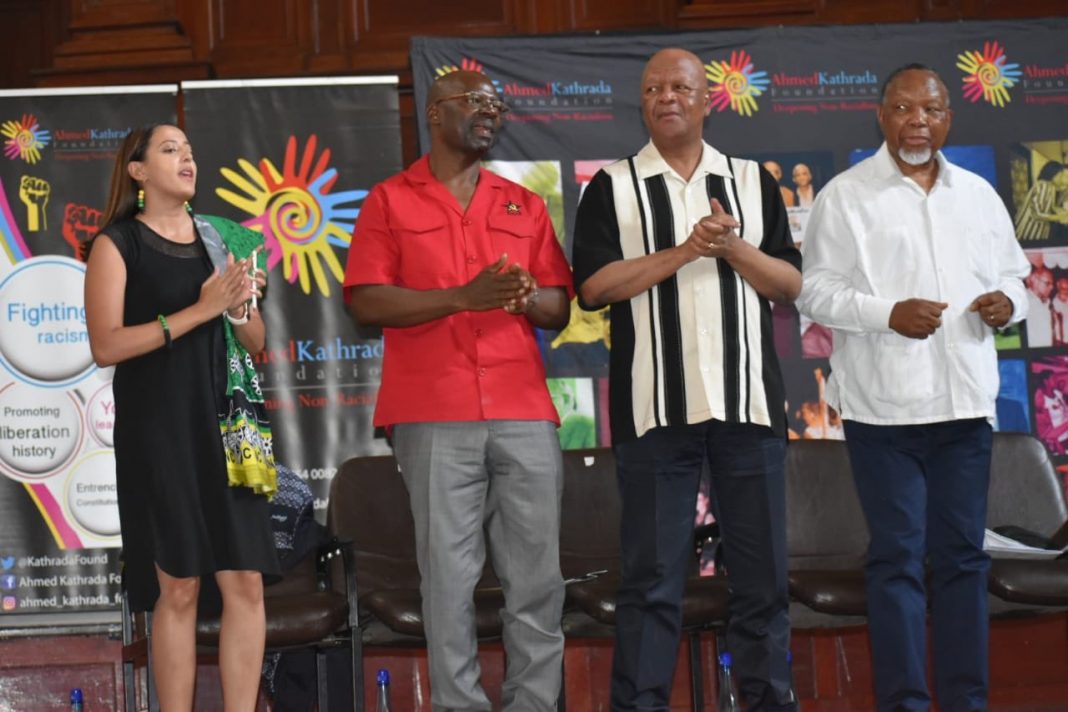Riyaz Patel
The African National Congress (ANC) has marked 30 years since its unbanning as a liberation movement by former president FW de Klerk on 2 February 1990.
In an address to parliament, de Klerk unbanned the exiled liberation movements, notably the ANC, Pan-Africanist Congress (PAC) and South African Communist Party (SACP).
All had been embroiled in a decades-long fight against apartheid and white minority rule.
De Klerk also announced a moratorium on the death penalty, the end of the state of emergency – which had been in place for five years – and the release of political prisoners.
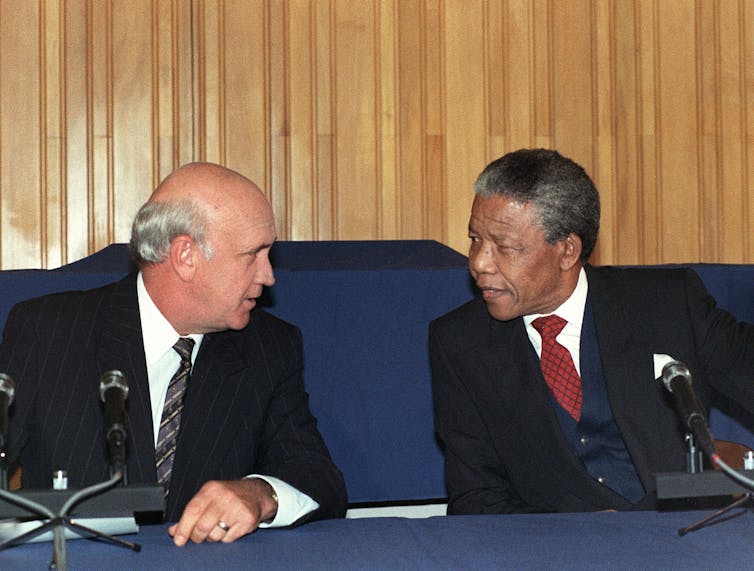
The speech set off a series of dramatic, and, until that point, unforeseen events. Nine days later Nelson Mandela was released from prison after 27 years.
Within three months, the first bilateral talks between the ANC and the de Klerk government tool place.
Thirty years on, and the occasion was commemorated across the country, with ANC President Cyril Ramaphosa telling the party faithful in the North West that dysfunctional municipalities will not be “tolerated.”
“We are no longer going to tolerate dysfunctional municipalities. We are no longer going to live with municipalities that do not do the work they were elected to do. Once we have such municipalities we will remove you.”
In Gauteng, a joint ANC Gauteng-Ahmed Kathrada Foundation event saw senior ANC and SACP leaders marking the unbanning by sketching the challenges faced by the movement, as well as paying tribute to the late Professor Ben Turok, described as one of the most “outspoken revolutionaries of our time.”
Speaker after speaker emphasized that ANC cadres should emulate Turok’s example by always speaking out against unethical leadership and corrupt practices, while preaching non-racialism.
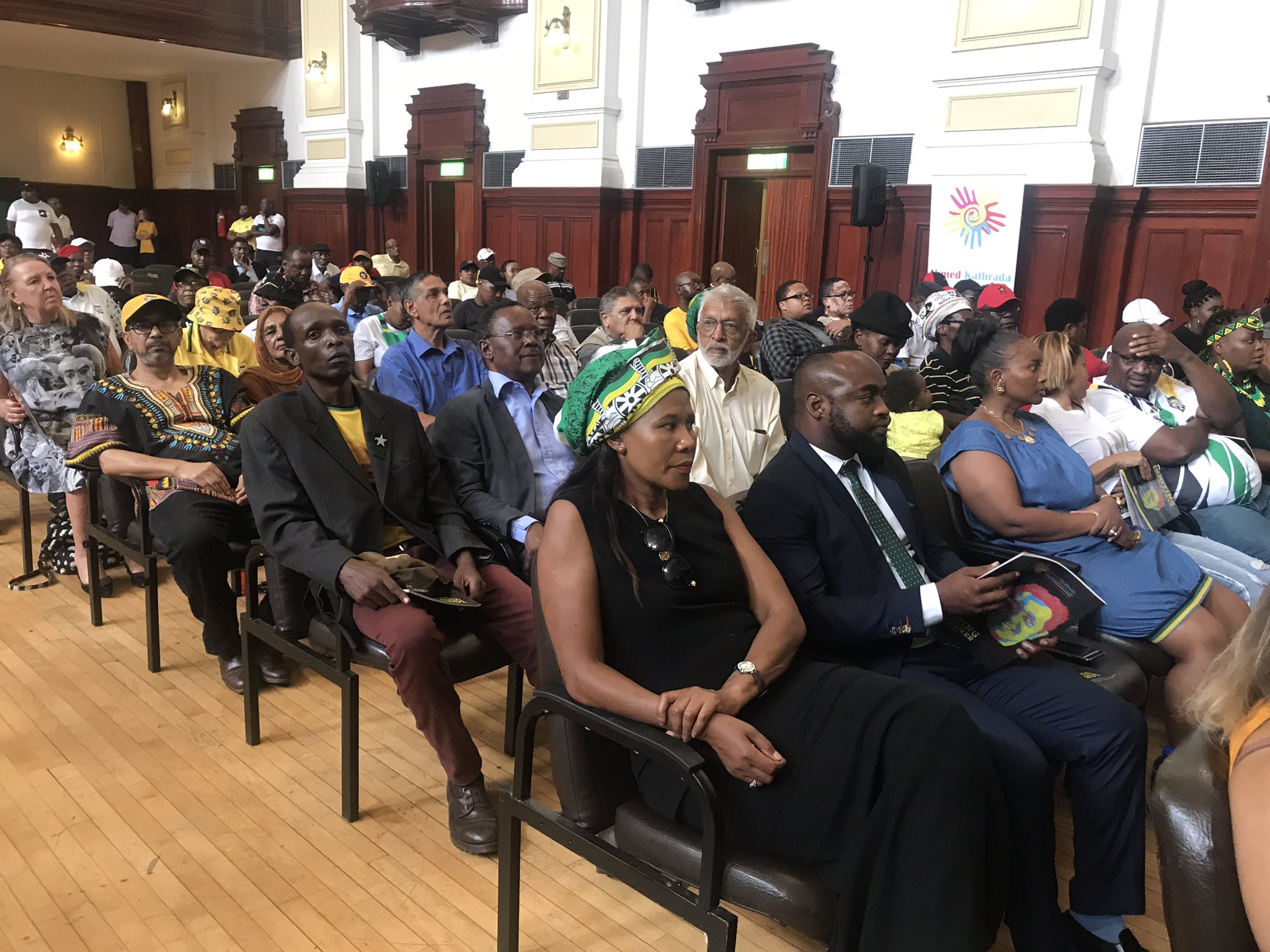
South African Communist Party First Deputy General Secretary Solly Mapaila blasted the ANC for losing its non-racial character, urging his comrades across the tripartite alliance to reconnect with this principle.
He also decried the lack of support for matters related to their white comrades
“Why didn’t we raise the race card when Neil Aggett and others confronted the apartheid regime? When Ben Turok, Albie Sachs and others confronted the apartheid regime?” asked Mapaila.
He said he had to apologise to Aggett’s family, and criticised the ANC-led alliance for not showing the requisite support at the inquest into Neil Aggett’s death currently underway. His death in 1982 was ruled as a suicide under the apartheid regime, while most of his comrades believed Aggett was murdered.
“It seems his blood as a white combatant, a white comrade, is not as thick as other blood,” Mapaila remarked, as he called on ANC leaders to organise supporters to attend the inquest in Johannesburg and stand by the family.
“Neil Aggett liberated us. Why should we enjoy the freedom but when we come to enjoy the fruit of freedom, we raise the race card?” Mapaila continued asking.
Mapaila recalled how Turok never shied away from speaking his mind, even if it meant going against the trend.
The SACP leader said it was this kind of boldness that was needed in the context of hurdling South Africa’s myriad of current challenges, and said non-racialism should again be placed at the centre of efforts to rebuild the political alliance and the country.
Mapaila also blasted the ANC-led alliance for not showing the requisite support at the inquest into Neil Aggett’s death currently underway, asking if Agget’s “blood as white man was thinner than that of a black man,” emphasising his point about non-racialism.

Former President Kgalema Motlanthe also paid glowing tribute to Turok, describing him as a “giant of our struggle for a non-racial and democratic South Africa.”
“Turok can best be described as a fearless and outspoken activist and a lifelong revolutionary thought leader,” he said.
Motlanthe added that we “owe it to the legacy of Ben Turok” to ensure that ANC members and activists recommit themselves to the task of creating a better life for all South Africans.
People present were also asked to sign a pledge committing themselves to the ANC’s programme of action as outlined in the January 8 statement, and in the lead up to next years local government elections.
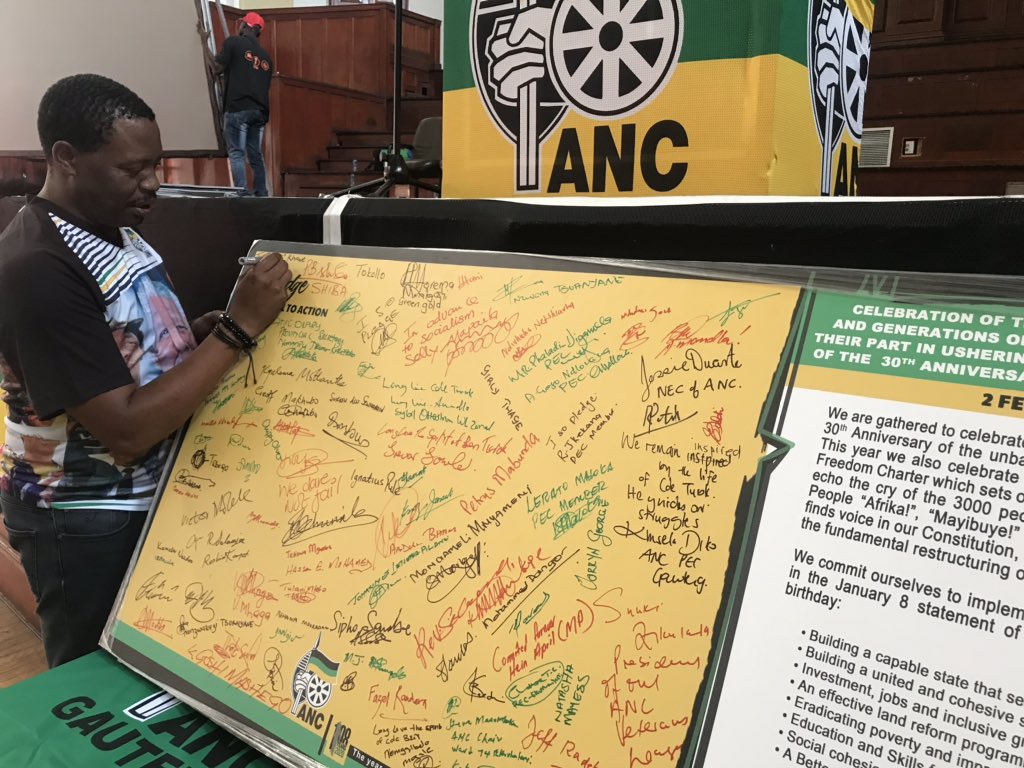
ANC NEC member Jeff Radebe read out a message from Turok’s widow Mary.
Radebe said ‘Comrade Ben‘ was a prolific writer on the Congress movement, the political economy, development and underdevelopment, particularly in Africa, and on revolutionary thought and politics in the 20th century.
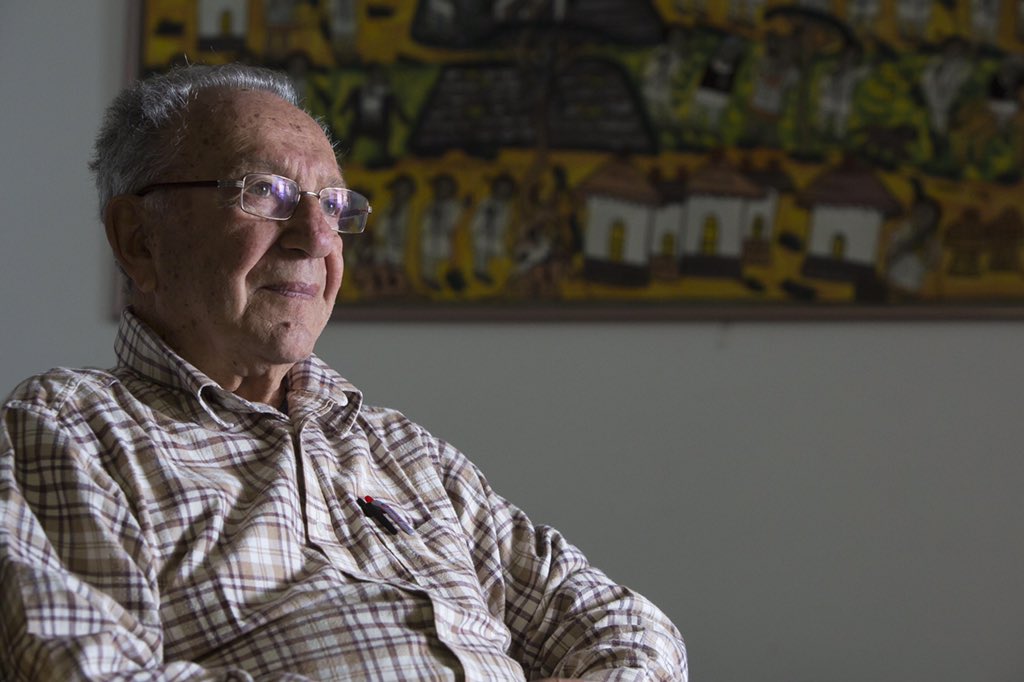
Turok’s book, Revolutionary Thought in the 20th Century, published in 1980, carried the seminal document, Strategy and Tactics of the African National Congress of South Africa, which raised seizure of power by military means as a major objective of the liberation struggle.
Turok also had the singular honour of introducing the third clause of the Freedom Charter, ‘The People Shall Share in the Country’s Wealth,’ at the historic Congress of the People held on 25-26 June 1955 in Kliptown.

